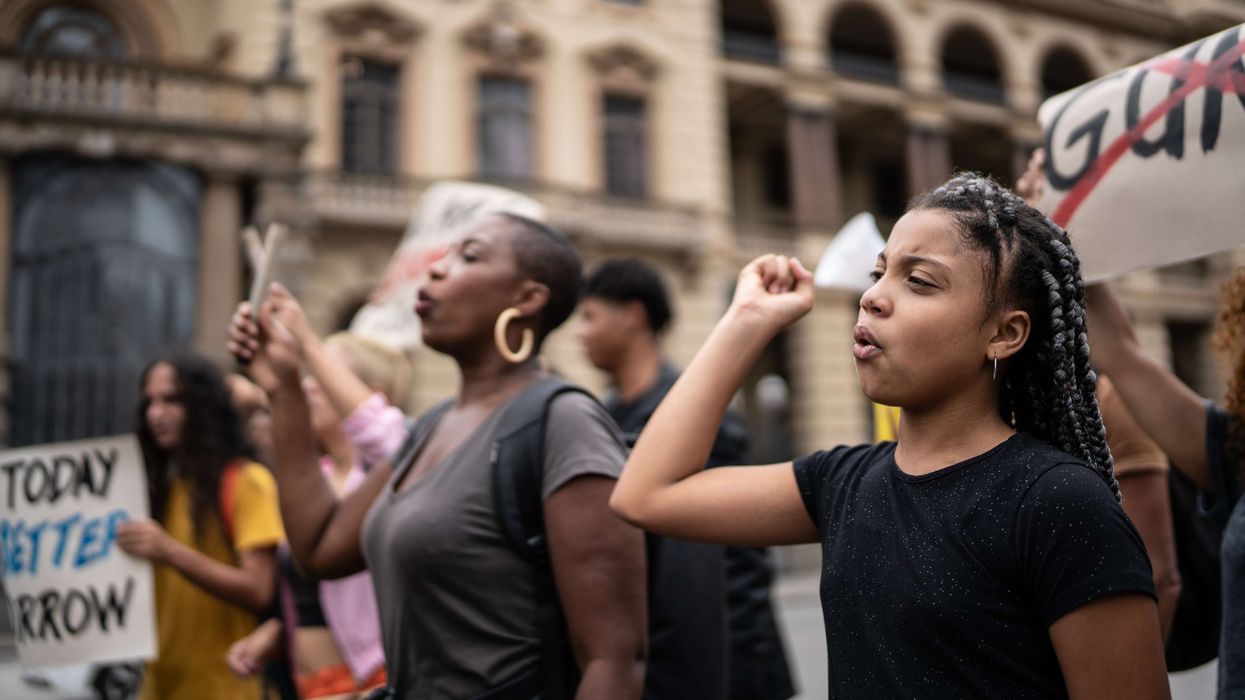Highlights
- Families of women killed through domestic abuse lead national campaign
- Report reveals serious failures in policing, courts and safeguarding services
- Black, minoritised and migrant women face higher risk and poorer protection
- Public urged to sign pledge and support specialist organisations
Families turn loss into a call for action
The Invisible Women campaign is demanding urgent action to protect Black, minoritised and migrant women from fatal violence. It says these women repeatedly asked for help, but the state failed to keep them safe and many paid with their lives. Led by bereaved families, the campaign calls out the systemic racism, indifference and gaps in support services that leave women at heightened risk and too often ignored when they seek protection.
Created with Killed Women and Southall Black Sisters, the campaign is anchored by the Invisible Women “Made Visible” report and a powerful short film featuring family testimonies. Together, they show that these are not tragic one-offs, but evidence of a wider pattern of state neglect that continues to cost lives.
Data shows disproportionate harm and deep bias
The report highlights stark disproportionality in homicide figures. Almost one in four women killed through domestic abuse in recent years came from Black, minoritised and migrant backgrounds despite making up a smaller share of the population. In London, figures showed an even sharper imbalance, with Black women making up most female homicide victims in the capital during 2023.
Families say these figures reflect a deadly combination of racial bias, cultural stereotyping and gaps in safeguarding. Several cases in the report reveal women who reported stalking, coercive control, escalating threats and previous violence but were treated as overreacting or not taken seriously due to assumptions about culture or family dynamics.
Failures across policing, services and courts
Testimony from families and case analysis detail repeated failings across state systems. Police officers in several cases are described as downplaying risk, failing to escalate reports and lacking understanding of coercive control and so-called honour-based abuse. Statutory services had incomplete information and did not coordinate effectively, leaving victims without protective intervention.
The court system also comes under criticism. Families describe trials and hearings where abuse was minimised and victims had their credibility questioned more harshly when they were from minoritised backgrounds or had insecure immigration status. Some families also reported feeling sidelined by the media and struggling to get fair representation of their loved ones' experiences.
Demands for urgent reforms and accountability
The campaign calls for stronger oversight of police responses, mandatory anti racism and cultural competence training, guaranteed access to safe accommodation regardless of immigration status and clearer accountability across statutory agencies. It also calls for improved data collection, independent scrutiny of domestic homicide reviews and better support for families during legal processes.
Invisible Women is asking the public and civil society organisations to sign its pledge, share the campaign materials and support specialist services led by and for Black, minoritised and migrant women. The families emphasise that change is not only possible but necessary, stating that their loved ones should have been protected and that future deaths can be prevented through decisive reform.
Their message is direct and memorable: the women were here. They asked for help. The response must never again fail them.





